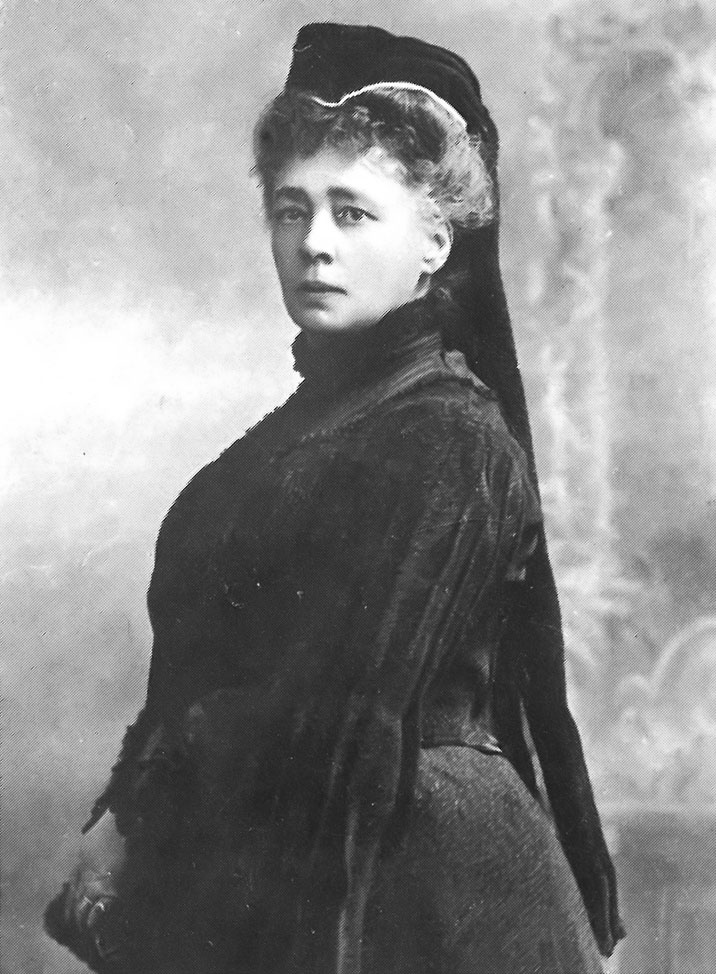Bertha von Suttner
Bertha Felicitas Sophie Freifrau von Suttner (Baroness Bertha von Suttner) (1843 – 1914) was an Austria novelist,  pacifist, and the first woman to be a Female Nobel Prize Laureates . She was the product of an aristocratic society whose military traditions she accepted without question for the first half of her life and vigorously opposed for the last half.
pacifist, and the first woman to be a Female Nobel Prize Laureates . She was the product of an aristocratic society whose military traditions she accepted without question for the first half of her life and vigorously opposed for the last half.
Early Life and Education
As a girl and young adult, Bertha studied languages and music (at one time aspiring to an operatic career), read voraciously, and enjoyed an active social life enlivened by travel.
Marriage, encounter with Nobel, and the Caucasus
At thirty, feeling she could no longer impose on her mother’s dwindling funds, she took a position in Vienna as teacher-companion to the four daughters of the Suttner household. Here she met her future husband, the youngest son of the family. In 1876 she left for Paris to become Alfred Nobel’s secretary but returned, after only a brief stay, to marry Baron Arthur Gundaccar von Suttner. Because of the Suttners’ strong disapproval of the marriage, the young couple left immediately for the Caucasus where for nine years they earned an often precarious living by giving lessons in languages and music and eventually, and more successfully, by writing.
Literary Works and Involvement with Pacificism
In 1885, the Suttners returned to Austria where Bertha von Suttner wrote most of her books, including her many novels. The couple learned about the International Arbitration and Peace Association in London and about similar groups on the Continent, organizations that campaigned for arbitration and peace in place of armed force. Baroness von Suttner immediately added material on this to her second serious book, Das Maschinenzeitalter [The Machine Age] published in 1889. This book was among the first to foretell the results of exaggerated nationalism and armaments.
Her next publication cemented her position in the peace movement and was instantly popular. Die Waffen nieder [Lay Down Your Arms], published in 1889, describes the sufferings of a young heroine due to contemporary conflicts and wars. She gained international repute as editor of the international pacifist journal Die Waffen nieder!, named for her book, from 1892 to 1899. Her pacifism was influenced by the writings of Henry Thomas Buckle, Herbert Spencer, and Charles Darwin.In 1891 she helped form a Venetian peace group, the Austrian Peace Society of which she was for a long time the president, attended her first international peace congress, and started the fund needed to establish the Bern Peace Bureau.
She corresponded regularly with Nobel, and is believed to have inspired his decision to establish a Prize for Peace in his will.
Onset of World War I
In August of 1913, the Baroness spoke at the International Peace Congress at The Hague where she was honored as the «generalissimo» of the peace movement. In May of 1914 she was still able to take an interest in preparations being made for the twenty-first Peace Congress, planned for Vienna in September. But her illness – suspected cancer – developed rapidly thereafter, and she died on June 21, 1914, two months before the erupting of the world war she had warned and struggled against.
See Also
Sources


